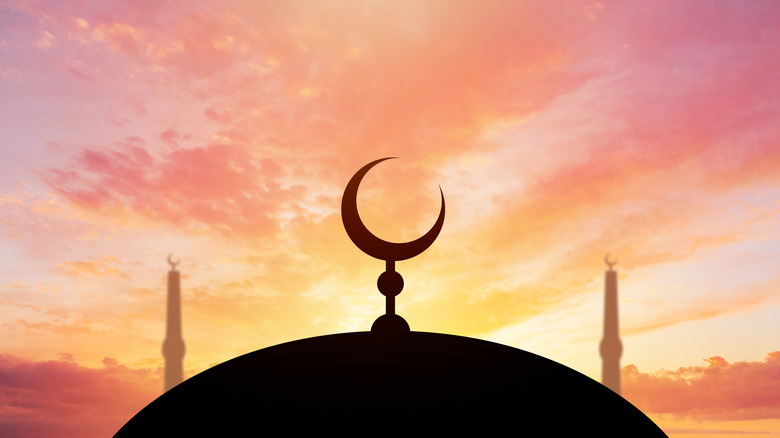What Is Islamophobia?
Islamophobia is a word used to describe anybody with an unfounded fear or hatred of Muslims. Islamophobic beliefs have resulted in a number of assaults on innocent Muslims in the U.S. over the years, and hate crimes against Muslims have increased substantially in recent times according to the ACLU. Vandalism against mosques is one of the most common anti-Islamic hate crimes in the U.S., but sometimes far worse incidents occur — as in the case of the 6-year-old boy stabbed to death in Illinois in October 2023, as part of an anti-Muslim attack.
According to the Oxford English Dictionary, the word "Islamophobia" was first used in 1923 in the Journal of Theological Studies. However, the depiction of Muslim people as a mysterious, barbaric, or irrational "other" and a foil for Western values is far older — having manifested as the Crusades in the Middle Ages, and as anxieties about the Turks during the height of the Ottoman Empire.
In English-language newspapers, the word "Islamophobia" first began to appear in the 1990s, and it has become more and more pertinent in the era following 9/11. Islamophobes have a tendency to caricature the religion as an extremist ideology, exclusively followed by fanatics.
The growth of Islamophobia in the modern world
While it is tricky to pinpoint when exactly Islamophobia became a major issue in the West, some point to the Iranian Revolution of 1979 as a key perspective-altering event. Writing for PBS, Professor Khaled Beydoun has argued that the anti-American ideology toted by Ayatollah Ruhollah Khomeini, along with the Iranian hostage crisis that unfolded in the revolution's wake, forever cemented the image of Muslims as bearded fanatics in the minds of ordinary Americans.
Perceptions of Islamics grew worse still following the 9/11 Twin Tower attacks, which sparked a huge rise in anti-Muslim hate crimes across the U.S. According to The Pew Research Center, Islamophobic attacks rose dramatically in 2001 from a relatively low number in the year 2000. Since then, the problem has shown no signs of abating, fuelled in part by the rise of the Islamic State group; 2016 — a year that saw a significant spike in attacks by the terrorist organization — saw an even greater number of hate crimes and anti-Muslim assaults.
Some have blamed the political climate created by the Trump administration for the rise in aggression, per ABC News. President Donald Trump introduced a ban on immigrants from some Muslim countries in 2016 and even argued for a total ban on Muslim migrants altogether.
Common misunderstandings about Islam
Islamophobia is not just a response to the uptick in Islamic extremism, it is also the product of ignorance about Islam itself. Although Muslim countries are frequently in the news, misunderstandings about the faith remain all too common today. According to the PRB, there are around 2 billion Muslims living in the world today, most of whom reside in 49 countries. However, the news tends to focus on the most dysfunctional places where the harshest interpretations of the religion are given free rein — places like Iran, Saudi Arabia, and Afghanistan.
The grim reality of the news cycle tends to distort how we see the world. It is not unusual for example, for people to equate Wahhabism — an extremist form of Islam that has been adopted by the royal family in Saudi Arabia — with Islam in general. In reality, Wahhabism is wildly unpopular in the Islamic world as well, and the Muslim faith is made up of many different sects.
Islam is also often viewed as violent by nature, in part due to extremist calls to engage in Jihad. While it is true that the concept of "Jihad" in Islam is sometimes used to justify violent actions, the word actually means "exerted effort," and can mean any number of things, including an inner struggle with faith. In reality, Islam takes a rather dim view of violence in most cases; Qu'ran Verse 5.32, states that killing an innocent person is like having "killed all of humanity."


